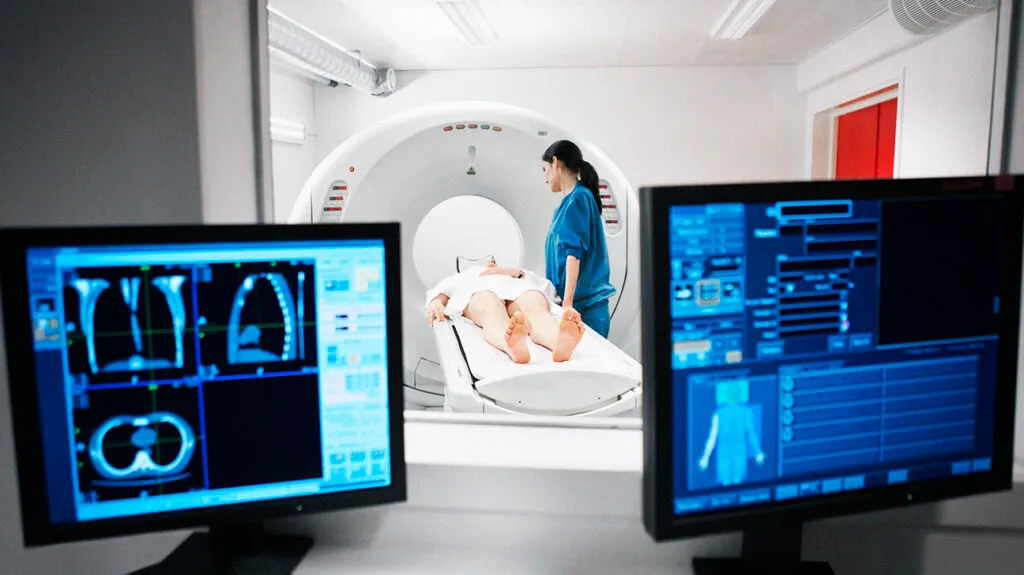Calcium score tests are a type of imaging test used to assess the risk of heart disease. They are often used to help diagnose and manage coronary artery disease (cad). Studies have shown that calcium score tests are generally accurate in predicting the risk of heart disease. However, there is some variability in how accurate they are. Some factors that can affect the accuracy of calcium score tests include the type of test used, the experience of the person interpreting the test, and the presence of other risk factors for heart disease.
Get a referral from your doctor:
Calcium score tests are not typically ordered as routine screening tests. However, your doctor may order one if you have risk factors for heart disease, such as high blood pressure, high cholesterol, diabetes, or a family history of cad.
Choose the right test:
There are two types of calcium score tests: electron beam computed tomography (ebct) and multi-detector computed tomography (mdct). Ebct is the older of the two tests and is less widely available. Mdct is newer and more widely available.
Find an experienced centre & Follow all prep instructions:
Not all centres that offer calcium score tests are experienced in performing them. It’s important to find a centre that has a lot of experience with the specific type of test you’re getting. You will need to fast for at least four hours before the test. You may also be asked to avoid caffeine and cigarettes for a few hours before the test.
Make sure you have the right insurance coverage:
Calcium score tests are not typically covered by insurance. Make sure you understand the cost of the test and whether your insurance will cover it before you schedule it.
Relax during the test:
The calcium score test in Millburn, NJ is painless and takes about 10 minutes. You will lie on a table while a special camera takes pictures of your heart. The results of your calcium score test will be reported as a number. A higher number indicates a greater risk of heart disease.
Conclusion:
Calcium score tests are generally considered to be accurate, with a reported accuracy of up to 90%. However, there is some variability in terms of how accurate they are, and some studies have found that they may not be as accurate as previously thought.
